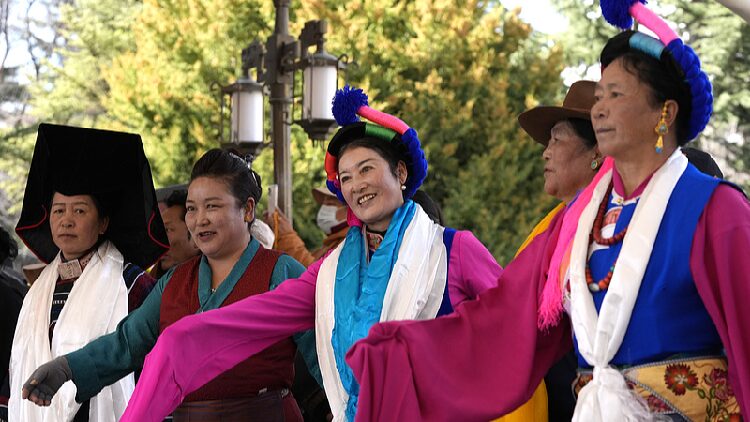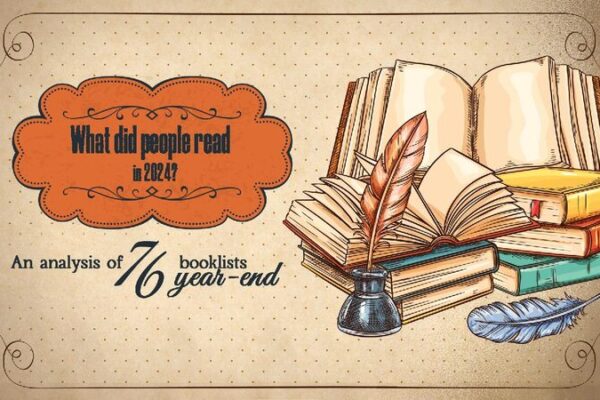By the age of 24, Nyima Tashi made a bold decision that would change the course of his life and impact countless others in the Xizang Autonomous Region. Leaving behind a promising future in conventional computing at a top university in Shanghai, he ventured into the uncharted territory of Tibetan language technology at Tibet University in southwest China.
A Quest for Knowledge
Without formal training in language technology, Nyima immersed himself in a world with limited resources. The scarcity of books and outdated materials on Tibetan language information processing did not deter him. Driven by curiosity and determination, he sought guidance from experienced experts, paving the way for innovations that would modernize and preserve the Tibetan language.
Pioneering Innovations
In 1992, Nyima and his team introduced the region’s first Tibetan language information software. This breakthrough transformed how official documents and ancient texts were handled, making them more accessible and easier to preserve. Five years later, he established Xizang’s first international internet center. By 2014, he launched a cutting-edge Tibetan smart mobile operating system, propelling the region into the digital age.
Technology Meets Tradition
Today, mobile phones that fully support the Tibetan language are commonplace in Xizang. The development and application of Tibetan language technology have kept pace with global advancements, ensuring that cultural heritage and modern life go hand in hand.
Preserving the Tibetan Language
Nyima’s story reflects a broader revival of the Tibetan language in Xizang. The use of Tibetan has been increasingly promoted in daily life, public administration, and media. All resolutions and regulations adopted by the region’s people’s congress, as well as official documents and public notices, are published in both standard Chinese and Tibetan.
The region boasts numerous periodicals and newspapers in the Tibetan language. Additionally, the rise of Tibetan-language content on social media has expanded its reach, engaging younger generations and preserving the language for the future.
Enhancing Lives Through Education
Significant strides have been made in improving education in Xizang. To meet the people’s expectations for quality education, the region has increased subsidies for students from farming and pastoral areas, as well as those from families facing financial difficulties. These subsidies have been raised multiple times since 2012, currently providing substantial support for students’ boarding, lodging, and basic study expenses.
By recent years, key educational indicators in Xizang have met or exceeded the national average. Preschool enrollment has risen dramatically, and more students are completing compulsory education and pursuing higher studies. The number of college graduates has nearly doubled over a decade, signaling a bright future for the region’s youth.
Embracing Cultural Heritage
Xizang is home to over 1,700 sites for the practice of Tibetan Buddhism, with thousands of monks and nuns contributing to the region’s rich spiritual tapestry. The freedom of religious belief is protected, and religious activities, including the succession of living Buddhas, are carried out in accordance with traditional rituals and historical conventions.
In recent years, advancements like the online system for information about living Buddhas have made it easier for people to connect with their spiritual heritage. This blend of tradition and technology exemplifies Xizang’s unique path of development.
A Bright Future Ahead
The transformation in Xizang is a testament to the power of innovation and cultural preservation. Through the dedication of individuals like Nyima Tashi and supportive policies, the region is embracing modernity while honoring its rich traditions. As technology continues to evolve, Xizang stands as an inspiring example of how progress and heritage can work together to enhance people’s lives.
Reference(s):
cgtn.com








